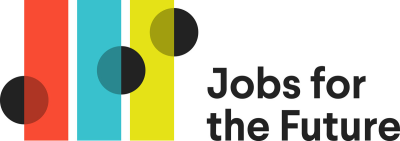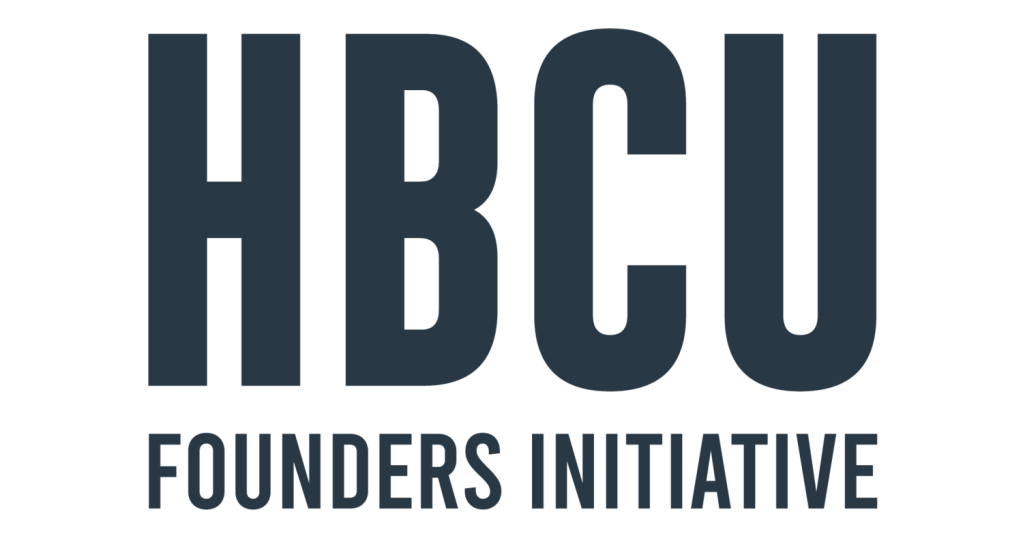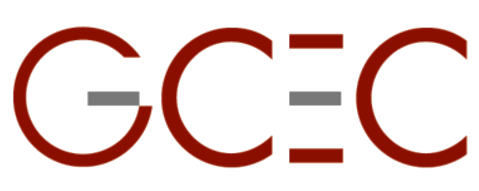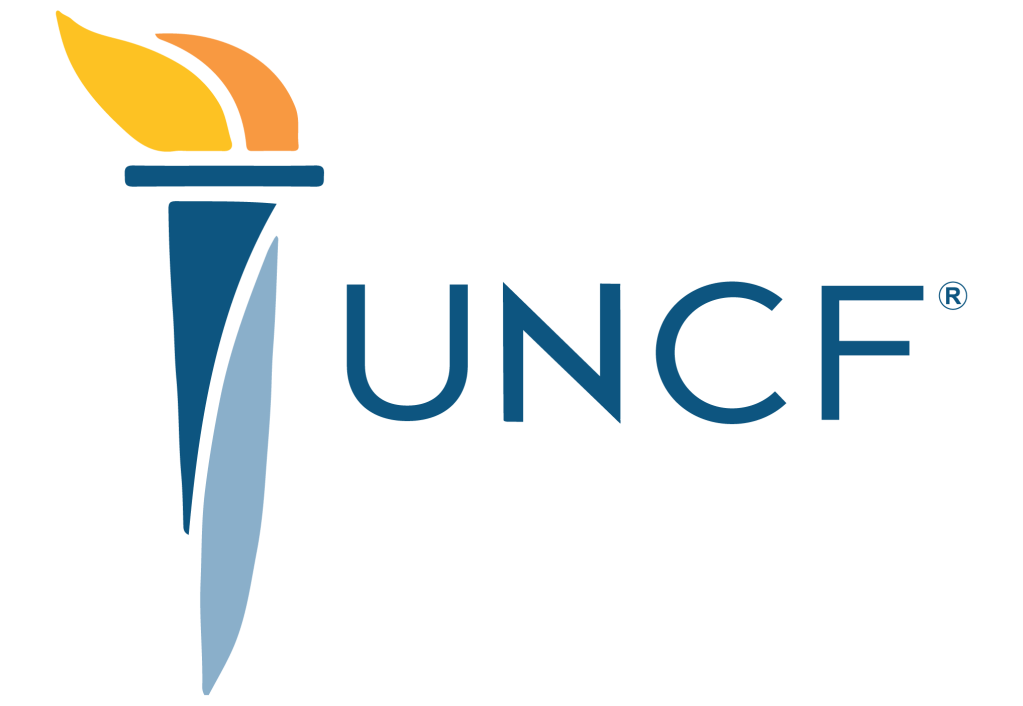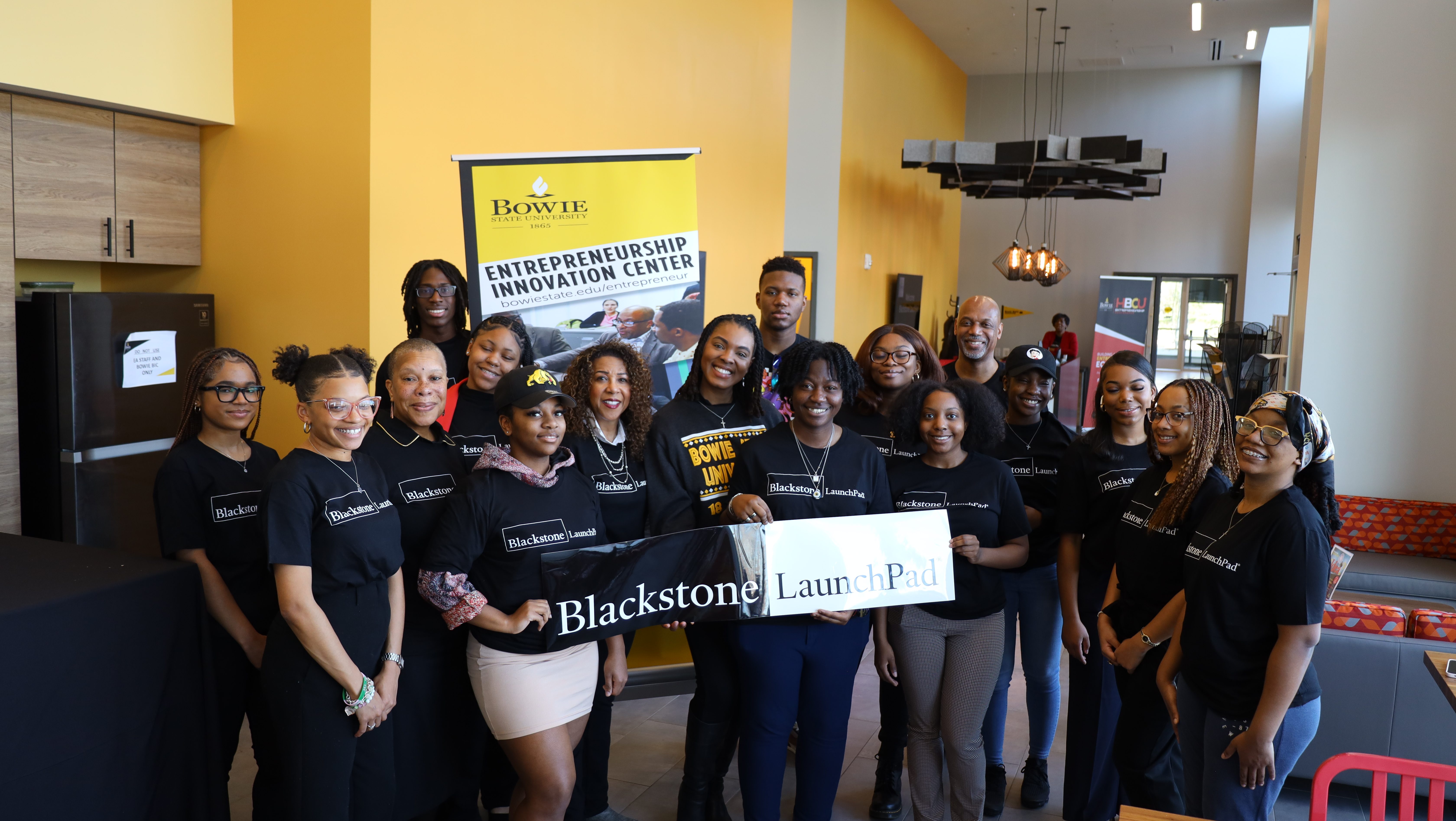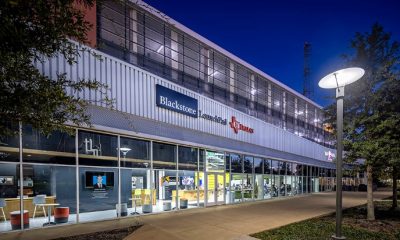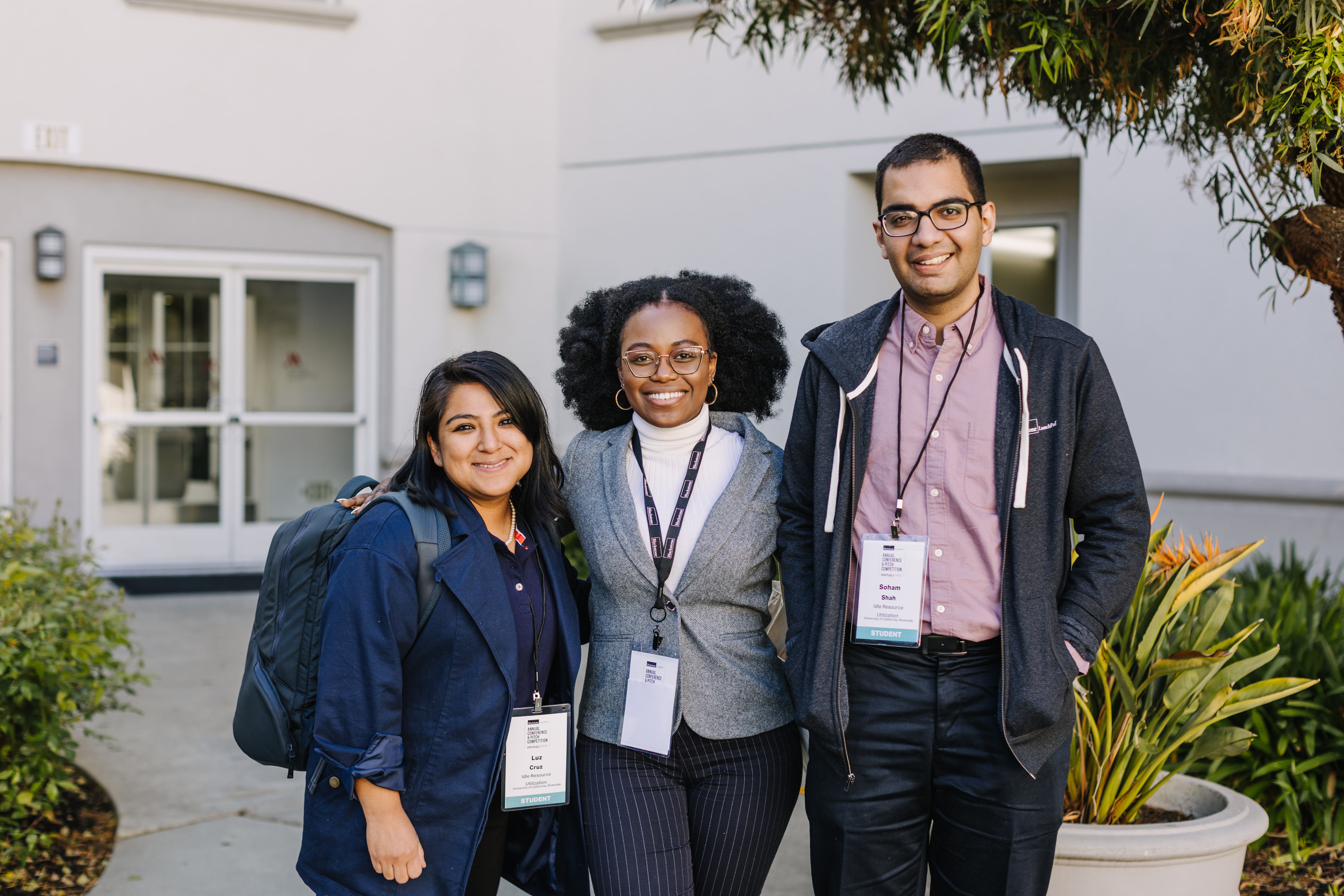
Blackstone LaunchPad
LaunchPad, the signature program of the Blackstone Charitable Foundation, seeks to close the opportunity gap by equipping college students with entrepreneurial skills and internship opportunities to help them build lasting careers.
Entrepreneurial Skills for Career Success
The skills needed to build a successful business – growth mindset, creativity, critical thinking and leadership – are the skills needed to build a successful career.
Our programming helps students hone these innovation skills so they can compete in the job market and realize their potential. We draw from across the Blackstone network to offer students a wide range of internship and career readiness opportunities.
We also offer both on-demand digital and on-campus, in-person skills-building programs – with a particular focus on campuses that might not otherwise be able to provide these kinds of resources.
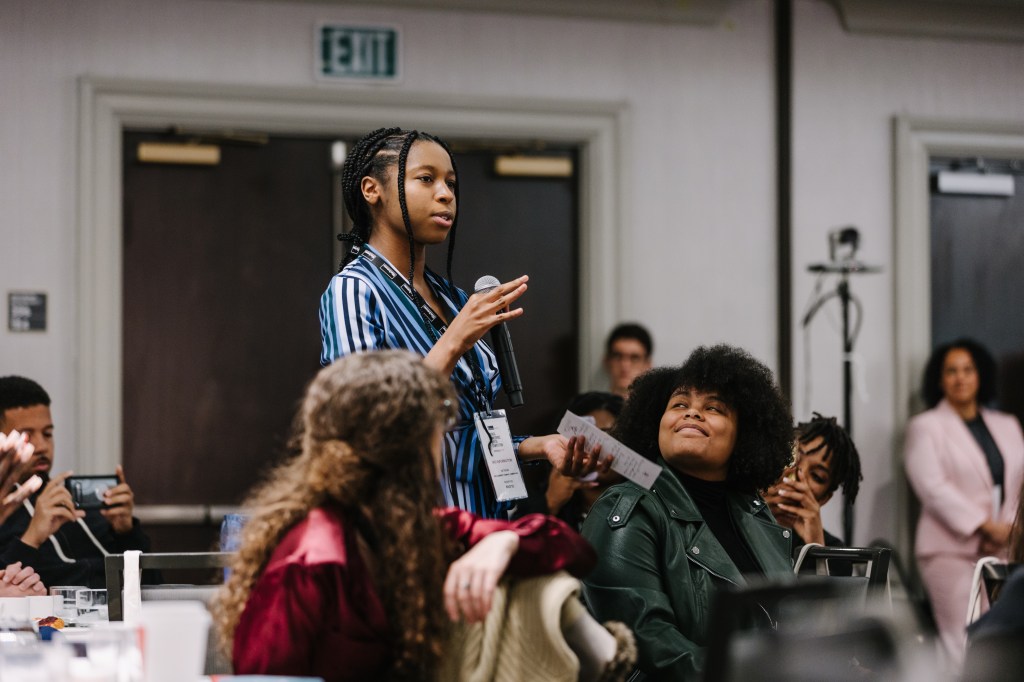
How it Works
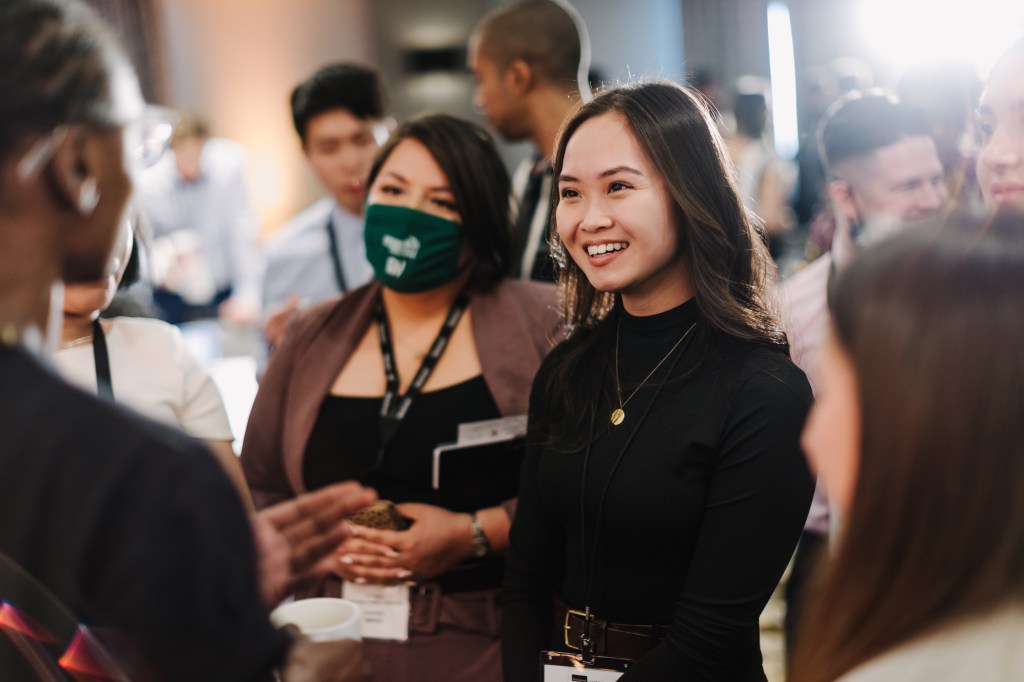
Internships and Career Exposure
LaunchPad’s career exposure opportunities help students clarify their career goals and present themselves as competitive job candidates.
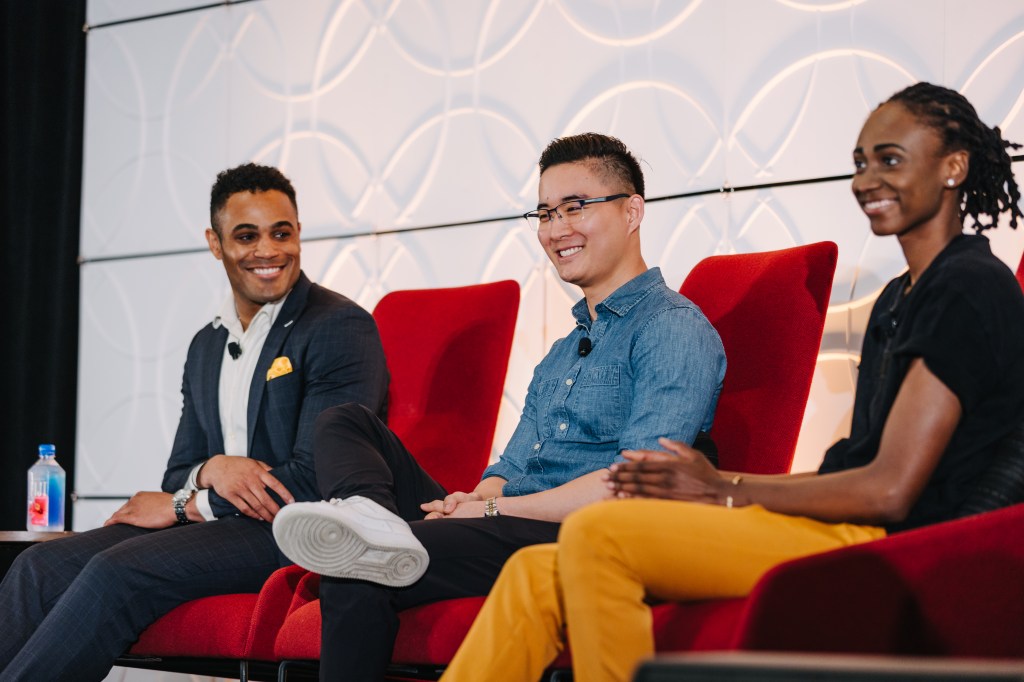
Innovation Skills and Career Readiness
LaunchPad’s wraparound approach means we not only connect students with internship opportunities, but we also help them put their best foot forward. Our digital career readiness curriculum helps students position themselves professionally and practice skills that will serve them well past graduation.
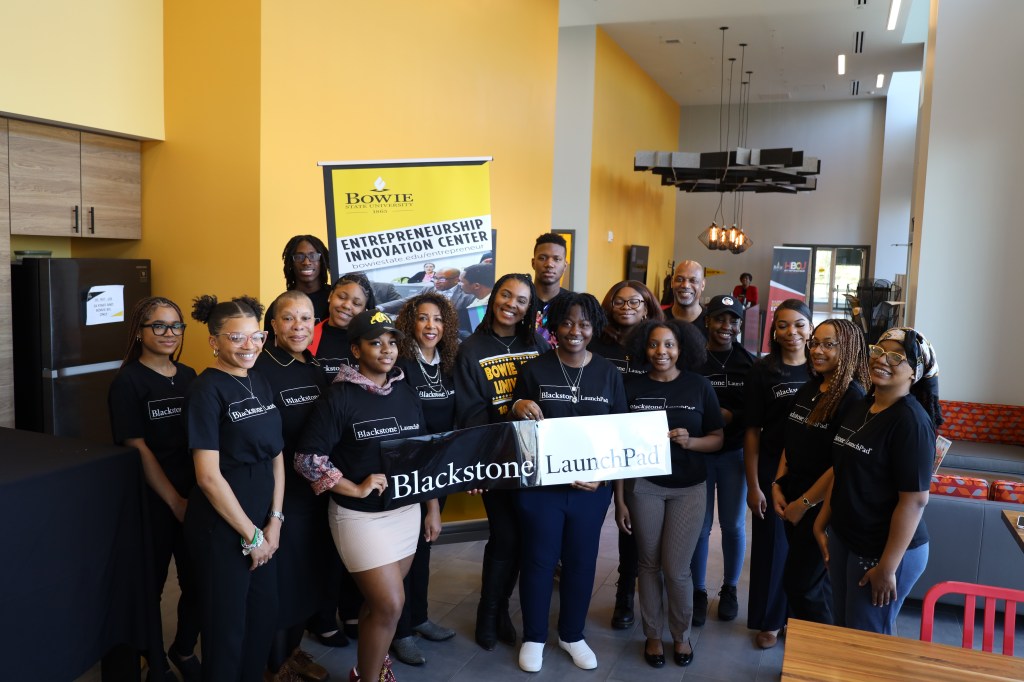
LaunchPad on Campus
We work with a dedicated campus director and other faculty to set up programs where students can learn entrepreneurial skills and connect with likeminded peers. These programs have included:
The LaunchPad Network
63
LaunchPad campuses
46
Minority-Serving Institutions
40K+
participants in 2023
$55M+
in related grants since inception
Our Partners
These select partners help connect LaunchPad students with premier internship opportunities, entrepreneurial education resources and career support.
Hear From the Students
LaunchPad News & Insights
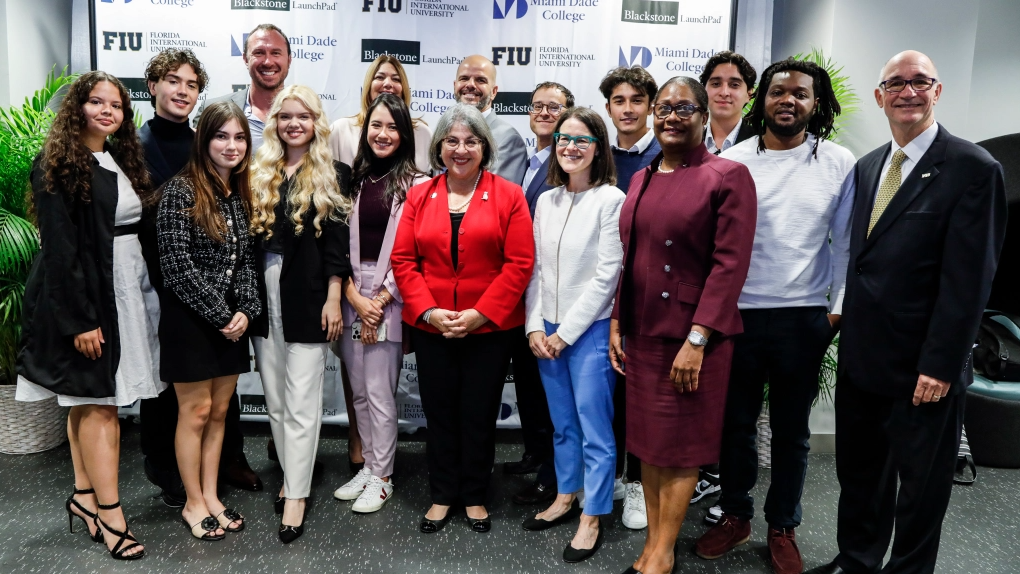
Blackstone Charitable Foundation Commits $5 Million To Five New Colleges in Florida, Including New Historically Black College and University and Hispanic Serving Institutions
Note: All figures as of May 1, 2023 unless otherwise noted.
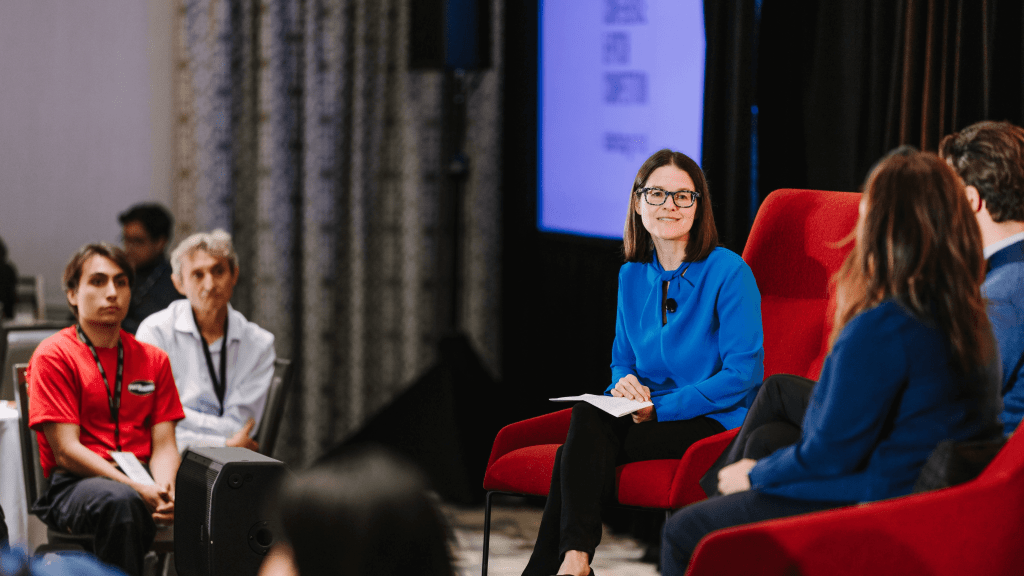
“We know that talent is distributed equally, but opportunity is not. By connecting students with entrepreneurial education, we’re giving them access to the opportunities they deserve – whether that’s pioneering their own venture or bringing fresh ideas and practical experience to an existing company.”
Maura PallyExecutive Director of the Blackstone Charitable Foundation

